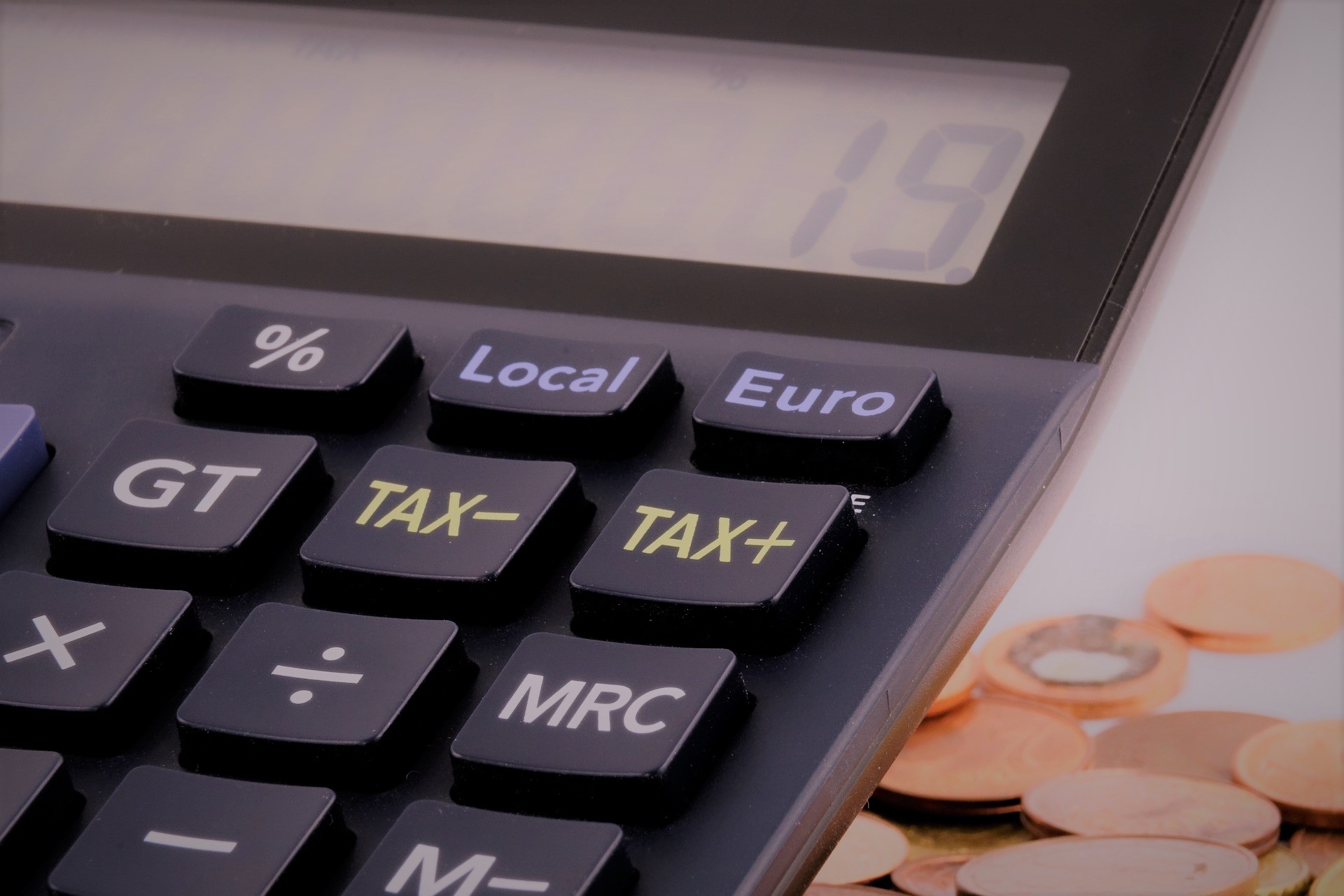Understanding Import Duties and Taxes

Import duties and taxes on exhibition goods can amount to a costly sum when exhibiting overseas. Exhibitors sometimes pay more than necessary if they do not have an effective temporary import facility in place. Trying to estimate these costs is a challenging process and it is no surprise exhibitors are overwhelmed by complicated customs processes, paperwork, and complex duty and tax rules.
How do ATA Carnets and Temporary Import Bonds (TIB) work?. What are the differences? When should they be used for shipping goods internationally? When is duty and VAT applicable?. Having some basic knowledge about temporary and permanent importation help’s exhibitors understand the customs process when shipping goods overseas.
Exhibitors have two options for importing goods temporary and permanently. Temporary importation allows for the delay or avoidance of duty payments. Permanent Importation requires the immediate payment of duties and taxes.
In most instances ATA Carnet’s simplify the importation and exportation process. it is an international customs document used to temporarily import items into another country. Items registered on an ATA Carnet, are not subject to VAT or other import duties, and they are eligible for unlimited international entries and departures for up to one year using the same document. All items shipped internationally under carnet must return to origin so it does become an ideal tool when moving high value temporary exhibition goods. Carnets cannot be used for consumable products or items for potential sale in a foreign country, since anything missing from the returning shipment will incur a costly charge plus customs fees and VAT.
If you’re exhibiting in a country which does not participate in the ATA Carnet system, Temporary Importation under Bond (TIB) may be an option. Bonds can be issued by governments, customs brokers, and freight forwarders in the destination country, a surety bond is posted against the goods, deposit and payment is made in local currency, and when goods are re-exported the bond is cancelled. Fees for TIB’s vary widely country to country and depend upon the commercial value and type of goods being imported. From the exhibitor’s perspective, entry fees for processing a TIB are generally higher than those for an ATA Carnet. A TIB entry is less restrictive than an ATA Carnet but the costs of keeping the goods in country after they have been entered under a TIB are much higher.
When Permanently importing exhibition goods which will not be returned, or when dealing with countries where ATA Carnets or TIBs are not an option, exhibitors may be able to pay Value Added Tax (VAT), Goods and Service Tax (GST) and duty fees in advance of entry. Each country has a different formula for charging taxes and duties on items and materials brought into the country through customs.
Many exhibitors utilise ours services to co-ordinate customs clearance on their behalf because of our vast experience with shipping goods worldwide and the time-consuming nature of the whole process. Premier Showfreight provides advice and guidance on customs documentation to ensure the right importation process is applied to your shipment. It is our job to ensure you receive your exhibition goods on time, ensuring you are aware of duty and tax implications whilst adhering to all customs requirements.

